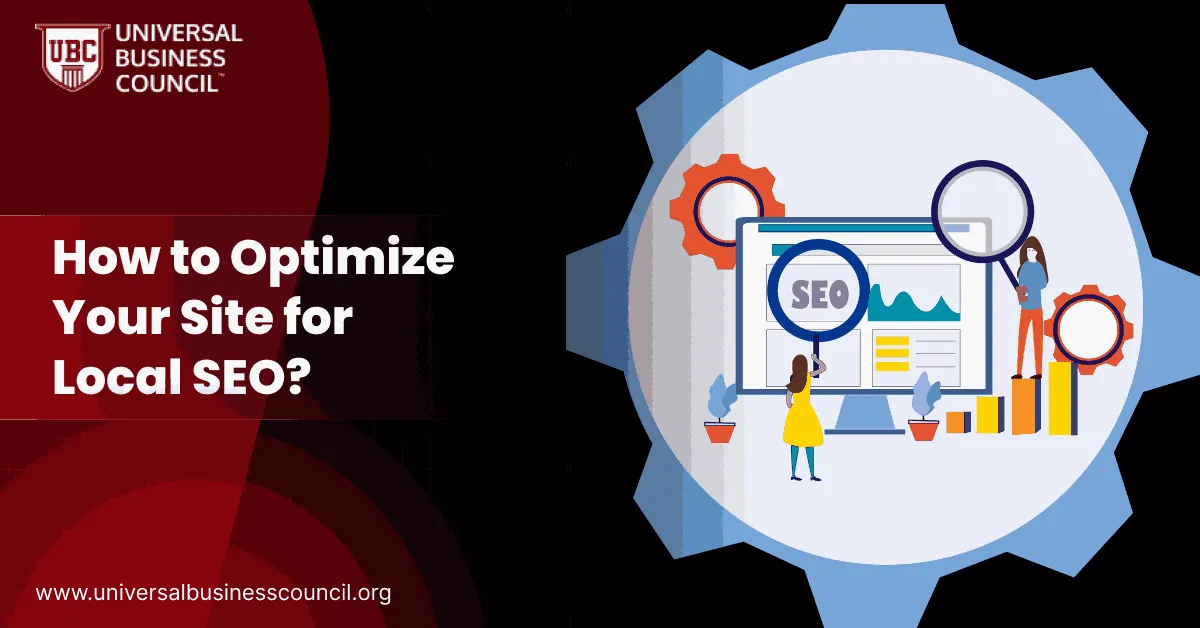 If you want your business to show up when people nearby search for services or products, you need local SEO. Local SEO helps your site appear in search results for location-based queries. It’s what puts your business on Google Maps, in the “near me” searches, and in local directories.
This guide breaks down everything you need to do to optimize your site for local search in 2025. It’s simple, effective, and based on what actually works.
If you want your business to show up when people nearby search for services or products, you need local SEO. Local SEO helps your site appear in search results for location-based queries. It’s what puts your business on Google Maps, in the “near me” searches, and in local directories.
This guide breaks down everything you need to do to optimize your site for local search in 2025. It’s simple, effective, and based on what actually works.
What Is Local SEO?
Local SEO stands for local search engine optimization. It’s the process of making your website and business listings more visible to people who are searching in your area. It applies to searches like:- “coffee shops near me”
- “best dentist in Pune”
- “shoe repair in Brooklyn”
How Google Ranks Local Results
Local SEO rankings depend on three major factors: Relevance: How closely your content matches the searcher’s query Distance: How close your business is to the searcher Prominence: How well-known and trusted your business is online Google uses these signals to decide who gets listed in the map pack and the local search results.Optimize Your Google Business Profile
Your Google Business Profile (GBP) is one of the most important parts of local SEO. Make sure to:- Claim and verify your listing
- Select the right business categories
- Add accurate business hours
- Upload high-quality photos
- Write a clear business description
- Use Google Posts to share updates or offers
Build Local Citations and Consistent NAP
Citations are mentions of your business across the web. These include directories like Yelp, Bing Places, and industry-specific listings. Make sure your Name, Address, and Phone number (NAP) are:- Exactly the same across every platform
- Free of typos or mismatches
- Linked to the correct website
Get and Manage Online Reviews
Reviews help build your online reputation. They also influence rankings directly.- Ask happy customers to leave reviews on Google
- Respond to all reviews, both positive and negative
- Keep reviews coming regularly
- Encourage reviews on other platforms like Facebook, TripAdvisor, or Zomato
Create Localized Website Content
Don’t just optimize your listings—optimize your actual website too.- Add pages for each location you serve
- Include local landmarks, neighborhoods, or events
- Use phrases your customers actually search (like “emergency plumber in Chandigarh”)
- Answer common questions with local relevance
Use Structured Data Markup
Add schema markup to your website, especially the LocalBusiness type. This helps search engines understand your address, hours, reviews, and services. Use FAQ schema too if you include common questions and answers. Structured data also improves how your content appears in rich results and AI-generated answers.Make Your Site Mobile-Friendly and Fast
Most local searches happen on mobile. That means your site needs to:- Load quickly
- Be easy to use on small screens
- Have click-to-call buttons
- Display maps and directions clearly
Get Backlinks from Local Sources
Earn links from websites that are local to your area. These can include:- Local news sites
- Neighborhood blogs
- Chambers of commerce
- Sponsorships or community events
Optimize for Voice and Conversational Search
People now ask questions like “Where can I get pizza after 10 pm near me?” Your content should:- Use natural language
- Include long-tail keywords
- Answer questions clearly
- Use headings like “Where to get late-night pizza in Bandra”
Local SEO Optimization Checklist
| Area | What to Fix or Add | Benefit |
| Google Business Profile | Accurate hours, services, and photos | Boosts visibility in map results |
| Reviews | Ask often, reply to all | Builds trust and boosts rankings |
| Local Listings | Match NAP across all platforms | Prevents confusion and improves trust |
| Website Content | Add local keywords and info | Matches local search intent |
| Schema Markup | Use LocalBusiness and FAQ schema | Helps AI and search engines |
| Mobile Experience | Fast, responsive layout | Improves user experience and SEO |
Local SEO Trends and Strategies in 2025
| Trend | Optimization Strategy | Why It Helps |
| Hyperlocal relevance | Location-specific content and updates | Matches specific neighborhood intent |
| Voice search growth | Use question-based and conversational text | Ranks better for spoken queries |
| Review recency importance | Ask for reviews consistently | Signals active customer feedback |
| AI snippet integration | Use schema and clear answers | Increases chance of featured listings |
Enhance Skills with Certifications
If you want to go deeper and improve your SEO strategy, check out these programs:- Deep Tech Certification: Learn how AI and search algorithms work together
- Data Science Certification: Analyze local traffic trends and performance
- Marketing and Business Certification: Build campaigns that combine local SEO with digital branding



